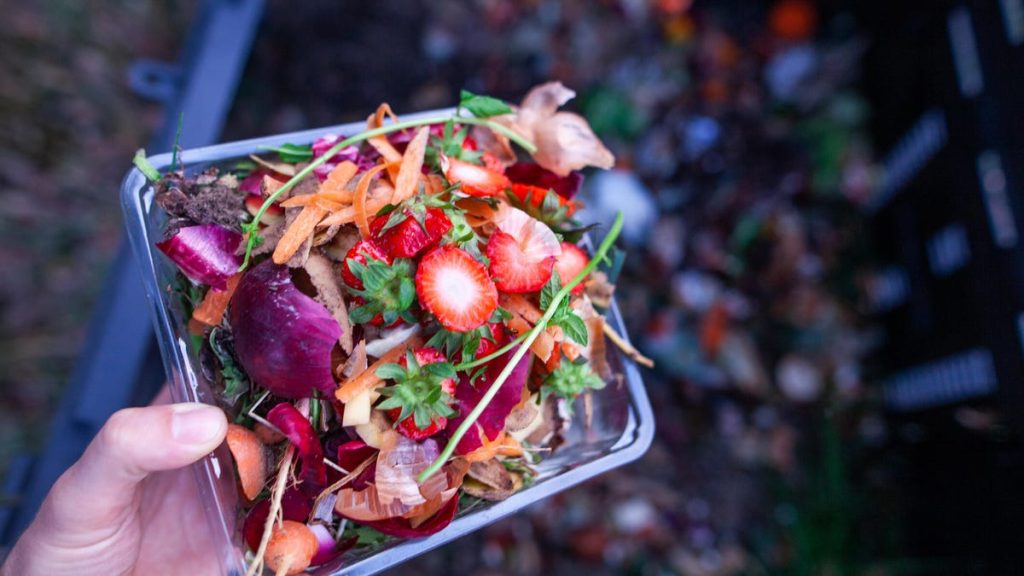Composting is a beneficial practice to reduce household food waste, lower carbon output, and create rich fertilizer for gardens. It has become mainstream with many cities having municipally mandated composting programs, private compost collection services, and smart kitchen bins. Composting involves adding bacteria activators to organic material to speed up the decomposition process. Most organic food items can be composted, and some gardeners even add fish, meat, bones, and dairy products, although these may attract scavengers. Items such as cooking oil, greasy foods, sugar-laden foods, and highly processed foods should not be composted.
There are two main methods of composting: outside and indoors. Outside composting involves creating a pile of grass clippings, food scraps, and yard waste in a sunny area. This pile needs to be layered with dry materials like leaves and twigs to maintain airflow and prevent foul odors. The pile needs to be turned regularly to mix the materials and aid decomposition. An easier outdoor option is a compost tumbler, where waste can be thrown in and mixed by rotating the barrel. Indoor composting can be done using high-tech compost bins that use heat and pressure to turn food scraps into fertilizer in a matter of hours.
Once the compost is fully decomposed, it can be used to enrich the soil for plants, gardens, and trees. It can be added to houseplants, garden plots, lawns, or trees to provide nutrients for healthier growth. The finished compost can be used for years to come by continually adding food scraps and yard waste to the compost pile. Composting not only benefits the environment by reducing waste and lowering carbon emissions but also provides a natural and cost-effective way to fertilize your garden and yard. It is a sustainable practice that has gained popularity due to its positive impact on both the environment and personal gardening endeavors.


